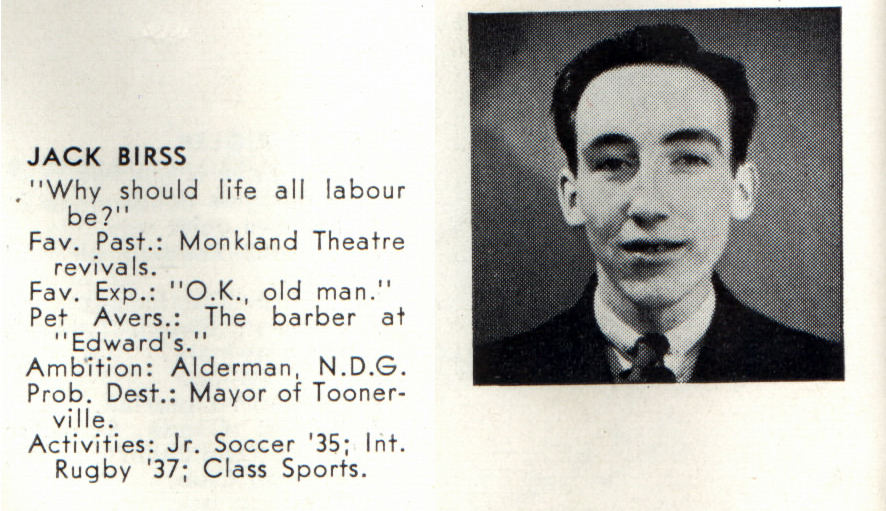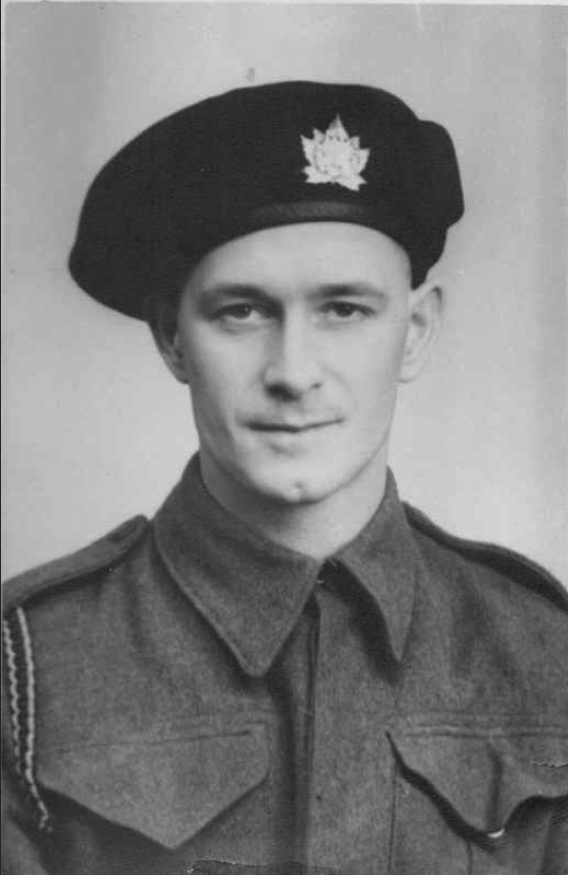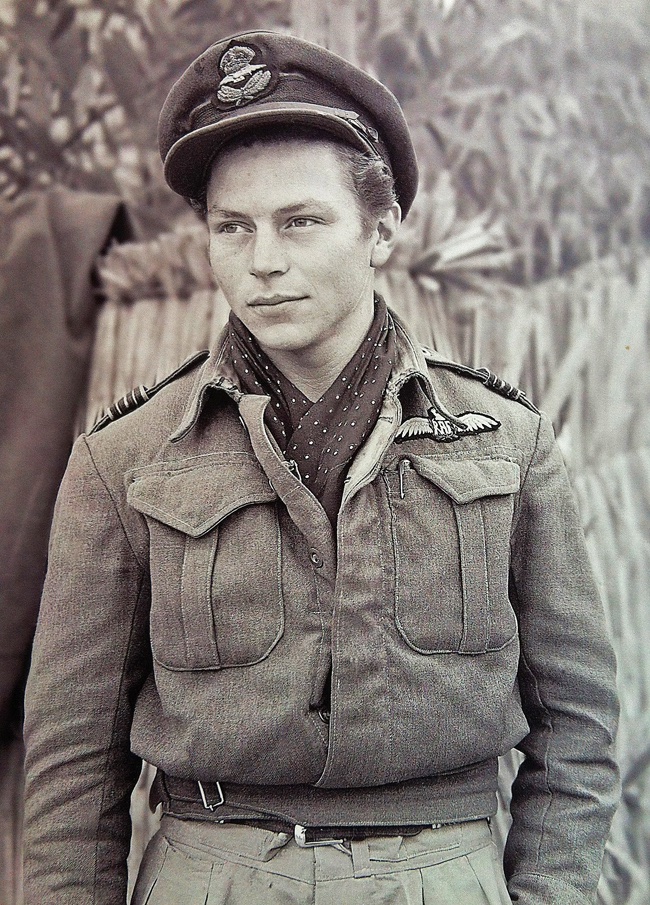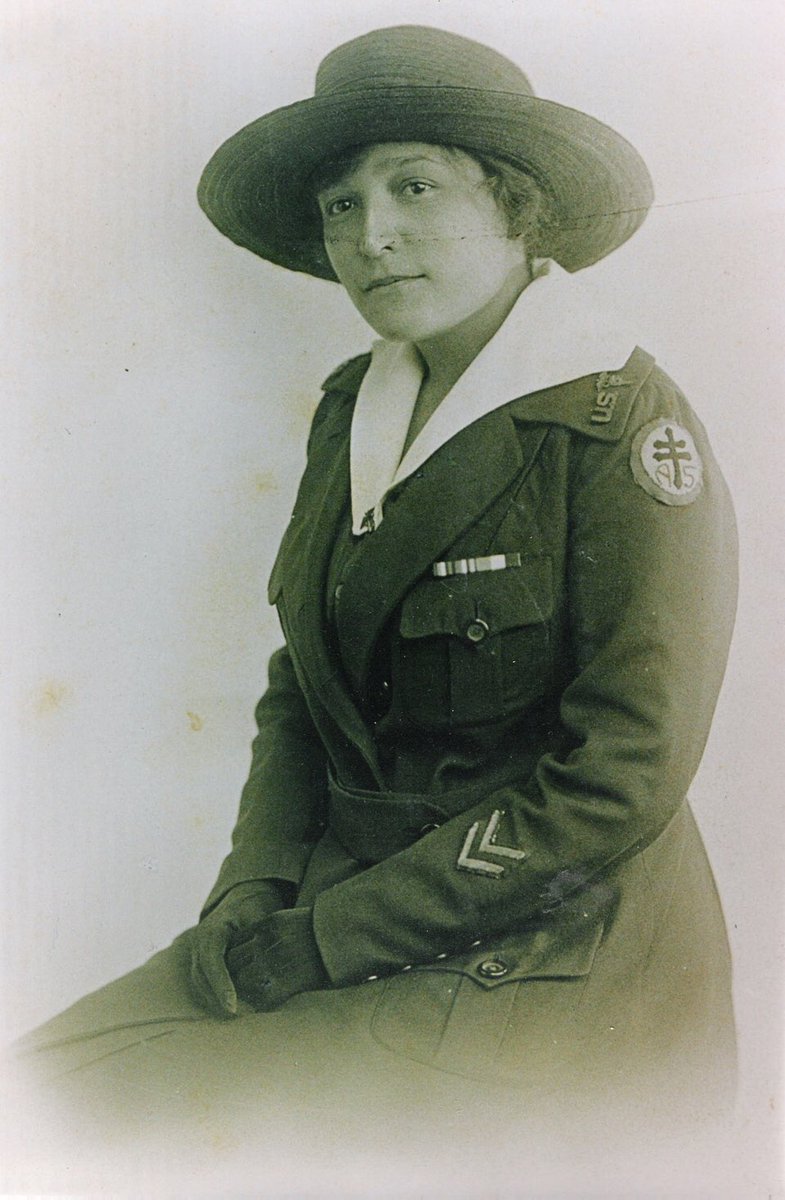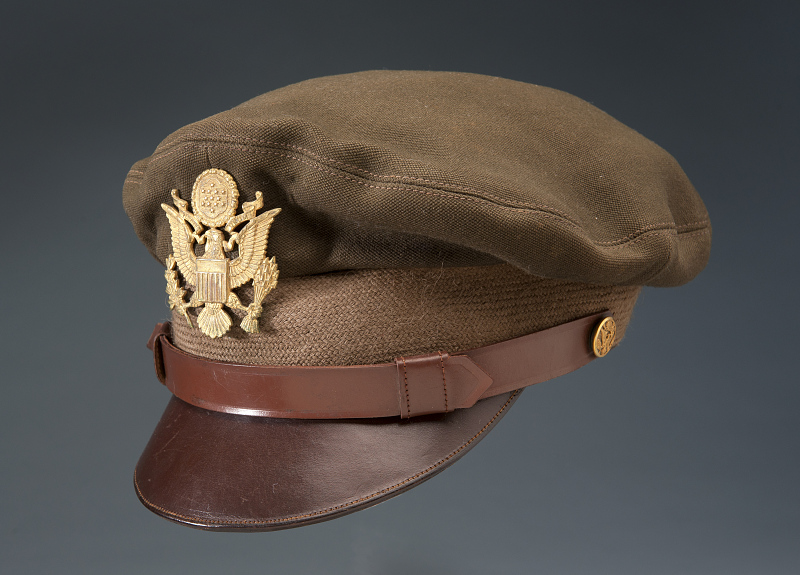
The Canadians. #DDay
A Company, The North Shore (New Brunswick) Regiment
🎥: Sergeant Bill Grant
🎥: Sergeant Bill Grant
Major John Archibald MacNaughton
Black River Bridge, New Brunswick
He was 47 years old.
Black River Bridge, New Brunswick
He was 47 years old.
Lance Corporal Gordon Reed
Toronto, Ontario
He was 23 years old.
Rifleman Douglas Philip Reed
Toronto, Ontario
He was 26 years old.
Toronto, Ontario
He was 23 years old.
Rifleman Douglas Philip Reed
Toronto, Ontario
He was 26 years old.

• • •
Missing some Tweet in this thread? You can try to
force a refresh











